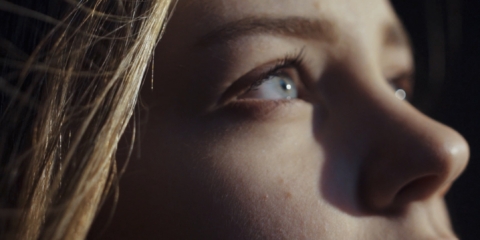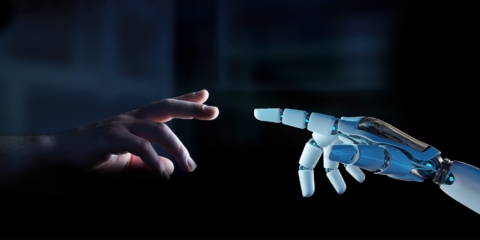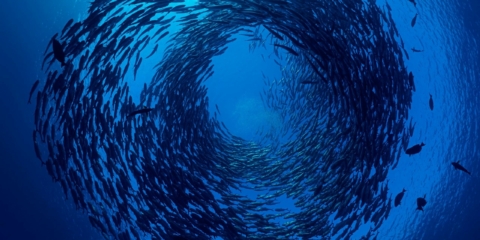Would you like to get notifications from Christian?
What Happened?
Is there anything more frustrating than wanting something that you can’t have? For vegans, seafood presents a bit of a conundrum. While fish is not technically off-limits, catching and cleaning them often involves harming or killing other animals in the process. But what if I told you that there was a new way to get your seafood fixed without any animal cruelty involved? Thanks to this game-changing 3D-printed fish fillet, vegans can finally enjoy hake without any guilt.
Read the entire article here: https://bit.ly/3nZB2Tb
Why is this important?
A fish is the most hunted animal in the world,” said Ofek Ron, the company’s co-founder and chief executive. Unless we do something, in a few dozen decades there will probably be no more fish in the sea. We exist to save the oceans and eliminate the need to consume marine animals by providing more sustainable, more nutritious, and more delicious fish options. This ‘Fish’ steak is the world’s first 3D printed, vegan-friendly fish steak made entirely from plants. It was dreamt up by Israeli start-up Plantish, which wants to provide an alternative for people who wish to abstain from animal products and protect the oceans, while still enjoying the taste, texture, and nutrition of fish.
Christian is a futurist and trendwatcher who speaks about the impact of exponential technologies like AI on organizations, people, and talents. Christian tailors his presentations to your audience’s specific industries and needs.




Embracing the advancements of technology and AI can enhance our humanity. We can focus on developing our unique talents and skills by automating mundane tasks and freeing up our time. As humans, we can adapt and learn, allowing us to evolve and stay relevant in a rapidly changing world constantly.


Organizations will need to be more fluid, dynamic, and adaptable: the ability to change and adjust in response to new situations and environments. We are on the cusp of a new era of organizations, ones that are more fluid and agile and which behave like swarms we see in nature.




In the future, 3D printing and generative design will allow for products to be designed in a more decentralized manner, and production will take place closer to the customer and fully on-demand. 3D printing technology will also allow for more customization and personalization of products.


The agricultural industry is ripe for disruption. Robotics, AI, and IoT are all technologies that have the potential to radically transform the way we grow food. In combination with vertical farming, these technologies could increase the efficiency and quality of agricultural products.

A human-centered society is one that puts people first and where technology is used to unite and empower people. It is a society that values biological life and dignity above all else. It is a society that recognizes the importance of human relationships and works to strengthen them. In a human-centered society, all members of the community are valued and treated with respect.


The future of healthcare is here. New technologies like AI, IoT, big data, and smart sensors make it possible to become the CEO of your own health. Imagine that your phone can listen to your voice and AI algorithms can detect small nuances in the tone of your voice that indicate specific diseases.
